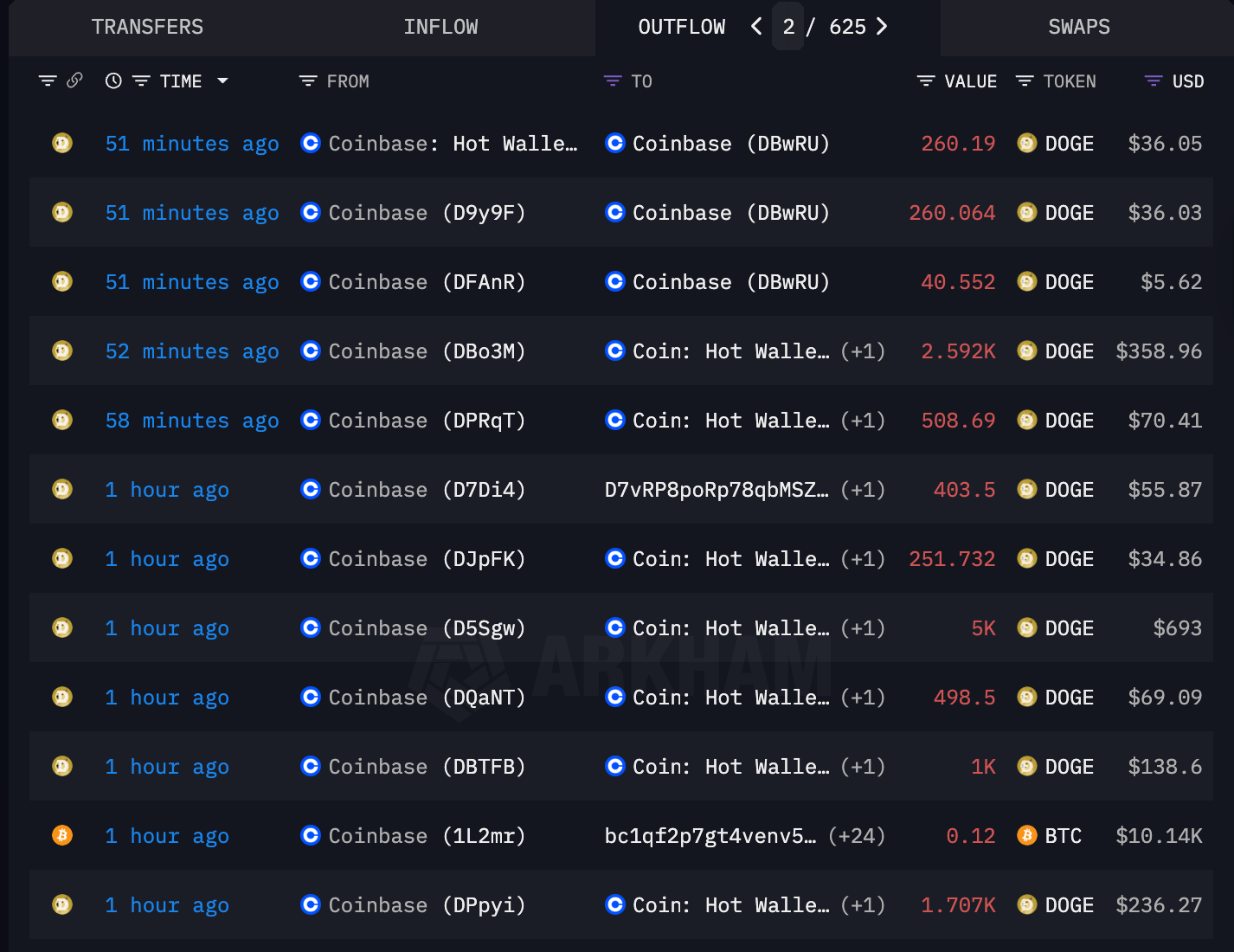Coinbase Wallet Migration: Security Move for Token Funds
Background on the Coinbase Wallet Migration
Coinbase, a leading cryptocurrency exchange, initiated a significant wallet migration on Saturday. The move involves transferring large crypto holdings—including Bitcoin (BTC), Ether (ETH), and other tokens—from their existing Coinbase wallet addresses to new internal wallets. This action is part of Coinbase’s scheduled, routine procedures designed to enhance security by avoiding the long-term exposure that comes from using wallet addresses publicly known on the blockchain.
In its announcement, Coinbase stressed that the wallet migration is not due to any cybersecurity incidents or external threats. “Large Bitcoin (BTC), Ether (ETH), and other token balances will be moving onchain from Coinbase wallets to other internal Coinbase wallets already labeled by blockchain explorers and intelligence platforms,” the company explained via Cointelegraph.

No Security Breach or Cyber Incident
Coinbase clarified that the wallet migration is a precautionary and scheduled event, rather than a reaction to any immediate risk. The company said it conducts such migrations periodically to minimize the risks associated with holding large sums of tokens in any single wallet that could become a target for hackers once its address is known.
The exchange warned customers to stay vigilant as scammers could exploit the migration event by impersonating Coinbase representatives. Users were urged not to share login information or follow unsolicited fund transfer requests, as Coinbase does not ask customers to move funds during internal migrations.

Security Challenges Facing Crypto Exchanges
Centralized exchanges like Coinbase increasingly face sophisticated cybersecurity risks. Hot wallets—ones connected to the internet—are particularly attractive to hackers who can spend months preparing attacks on large, centralized repositories of digital assets and personal data. The “honeypot” nature of these systems means attackers may try to extract maximum value from a single point of compromise.
The threat landscape is evolving as artificial intelligence-driven tools help hackers gather metadata and assemble intelligence about targets, noted cybersecurity experts interviewed by Cointelegraph. Additionally, quantum computing presents a looming risk: hackers may now collect public keys with the intention of decrypting them in the future when quantum technology matures. Gianluca Di Bella, a researcher in smart contracts and zero-knowledge proofs, told Cointelegraph, “Cryptographic protocols must switch to post-quantum security standards as soon as possible to neutralize the threat of retroactive hacking.”
What’s Next for Crypto Wallet Security?
The scheduled Coinbase wallet migration highlights the ongoing efforts by exchanges to balance convenience and security as the industry matures. As technological threats—such as quantum computing—advance, industry experts recommend regular security evaluations and movement towards robust, post-quantum cryptographic measures.
For more information on how crypto platforms are adapting to new security challenges, see our cryptocurrency coverage.
Sources
Reporting via Cointelegraph.



















